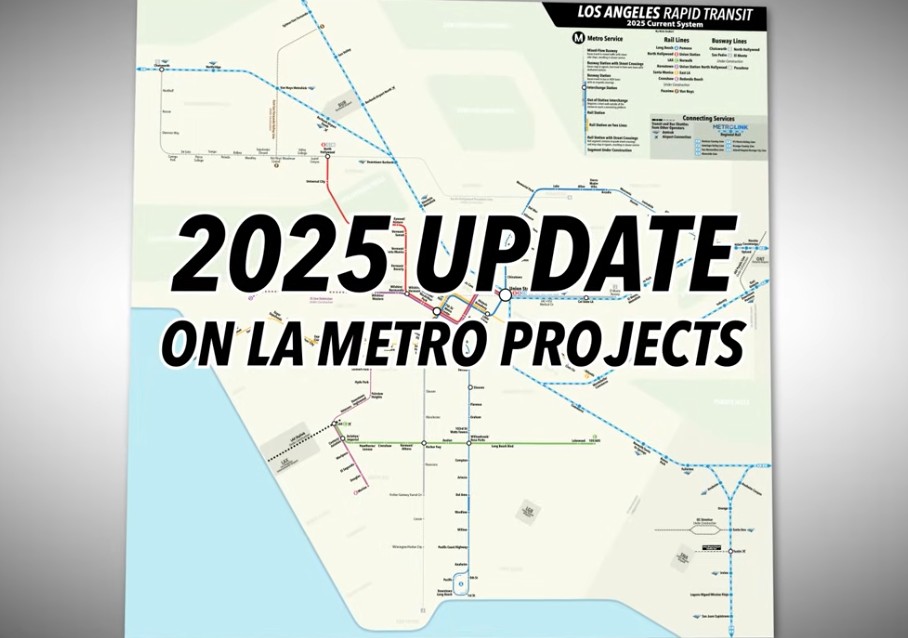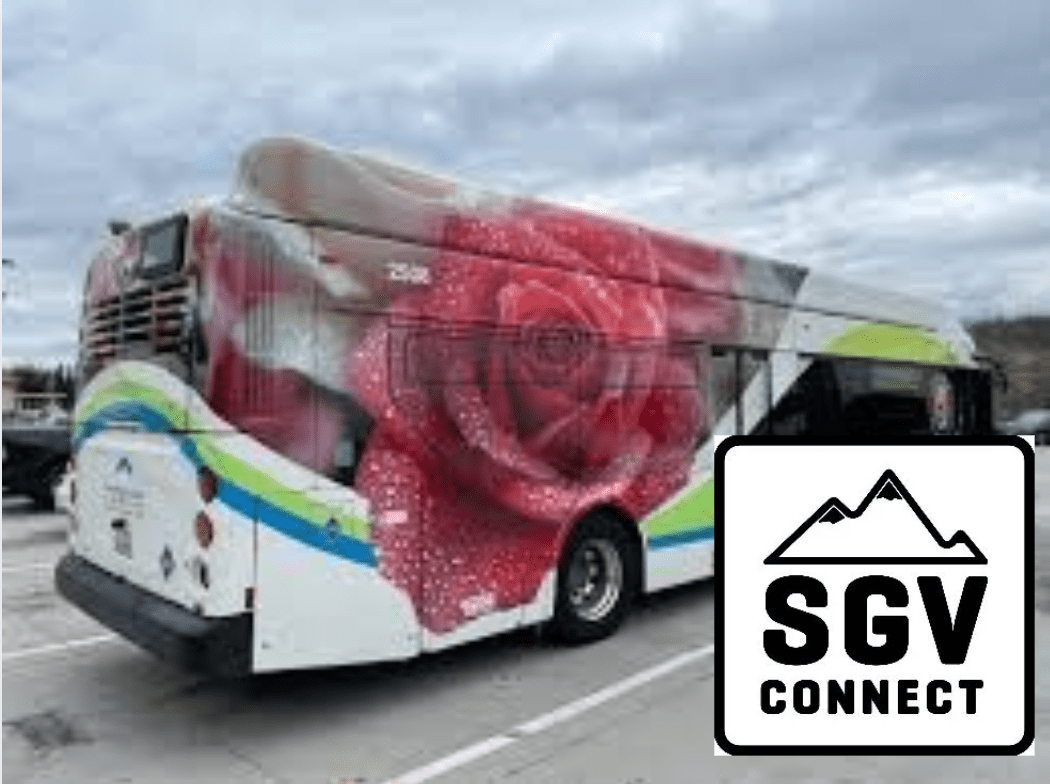After announcing $130 million in new streetcar grants in December,
the Obama administration received more than $1.1 billion in
applications, Federal Transit Administration (FTA) chief Peter Rogoff
told lawmakers today -- offering more evidence of the growing local
enthusiasm for competitive transportation funding that began with the
stimulus law's TIGER grant program.
Testifying
before the House Appropriations Committee, Rogoff said the winners of
the streetcar grants as well as a corresponding bus funding program
would be named in June. The bus grants, totaling $150 million, were
even more popular than the streetcar funding, with more than $2 billion
worth of applications submitted to the FTA.
Rogoff, a veteran
congressional aide before his nomination to the FTA, described the
streetcar and bus programs as elements of the administration's broader plan to promote transit-oriented development and sustainable transportation under the "livable communities" aegis.
The
FTA, he said, will keep pursuing "more integrated regional planning to
guide state, metropolitan and
local decisions that link land use, transportation and housing policy,"
with a special emphasis on making the most of increasingly scarce
federal funds.
The
stimulus law's $1.5 billion TIGER program (short for Transportation
Investments Generating Economic Recovery) was even more oversubscribed
than the streetcar or bus grants, with more than $57 billion in bids pouring in. The grants were so in-demand that several Republicans took political flak for supporting local applications after criticizing the stimulus law as a whole, and Democrats from states that came up short were not shy about airing their frustrations.
The
significant demand for streetcar and bus funds, coming on the heels of
TIGER's success, could bolster the U.S. DOT's case for more merit-based
grant programs that disburse aid on the basis of environmental and
economic metrics rather than state-based formulas. The White House
already has signaled that it supports an expansion of the TIGER program beyond the $600 million in extra grants approved during last year's appropriations process.






